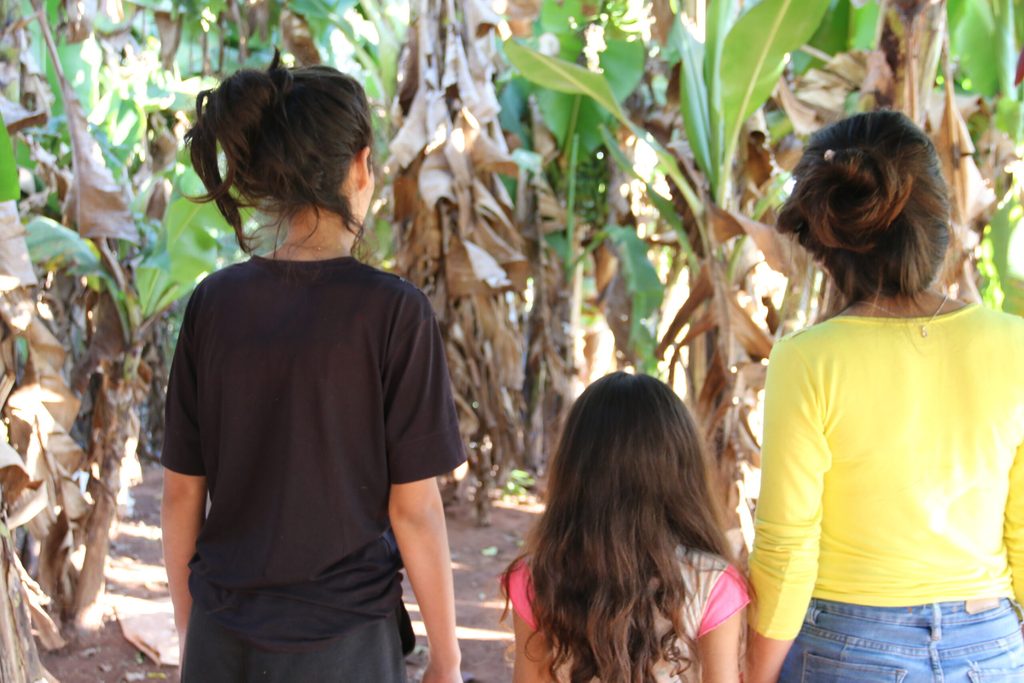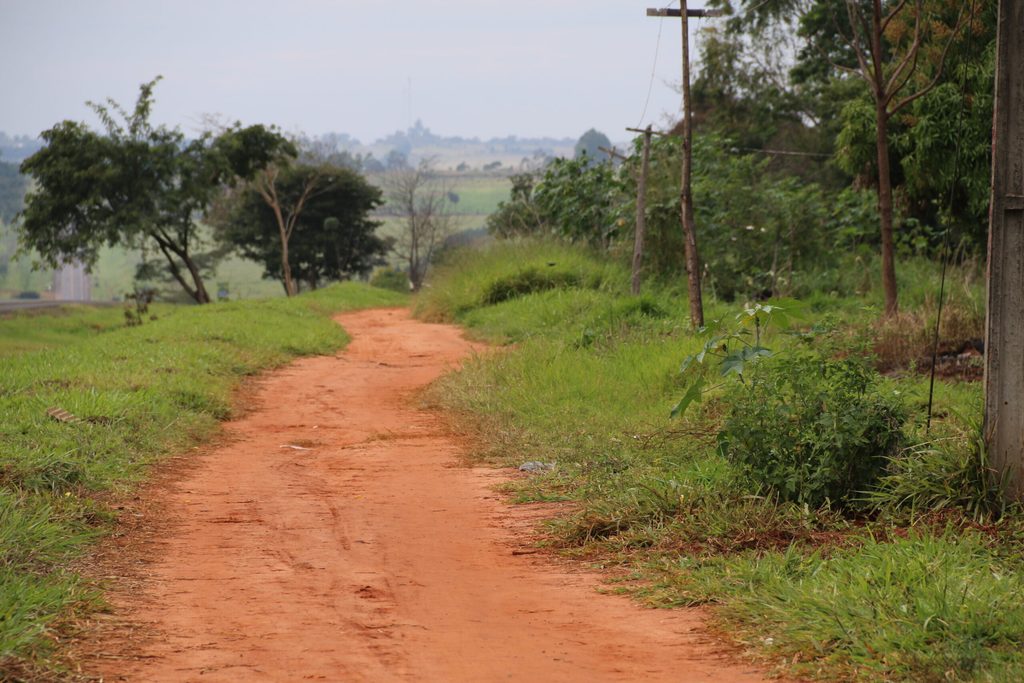Pamela*, 21, was forced to drop out of school when she was in third grade due to an issue with her birth certificate. Her sister Lichi* has also had to drop out of school because it is too far away.

With 10 siblings, 21-year-old Pamela* lives with her large family in a rural community in Paraguay.
“I don’t have the proper documentation or an ID card. There’s no record of my birth due to a fire at the civil registry,” she explains. “My name doesn’t exist, I only have a photocopy of my birth certificate.”
Pamela has tried many times to find a solution, but the civil registry has cast doubt on the authenticity of the photocopy of her birth certificate and has questioned the legitimacy of her father being her biological parent.
“I’m afraid to take a bus or even leave my community because somewhere the police might stop me and ask for my documents, and however hard I try, I won’t be able to explain why I don’t have any ID,” says Pamela.
Without a legal identity, Pamela is unable to go to school, access public health services, or find employment. The right to an identity continues to be a challenge for many children and young people in Paraguay where only 3 quarters of births are registered according to data from the Ministry of Health.
School dropout puts household chores in the spotlight
Pamela’s sister, Lichi* is 15 years old. She has also had to quit education this year, as her school is too far away from her home to reach. “I completed up to ninth grade. I liked school. I was good at Guarani language, but this year I can’t go because it’s too far,” Lichi explains.
Due to lack of transportation, Lichi had to manage the household chores instead of going to school. She now spends her days doing the laundry, cooking, and cleaning.
“I completed up to ninth grade. I liked school. I was good at Guarani language, but this year I can’t go because it’s too far.”
Lichi
The closest school to her home is 2 hour’s walk away, and to get there, she must set off early in the morning and walk through cassava fields and dirt tracks in the pre-dawn darkness.
“Morning classes start at 7:30am, so I need to leave my house around 5:30am if I want to get there on time. On the way home in the afternoon, it starts to get dark early and I have to face the same issues.”

Part of the long route they have to take to get to school.
Lichi tells us she did everything she could to continue her education. “Before, a classmate with a motorcycle would pick me up, but now his sister also goes to school so there’s no room for me.”
According to data from the Ministry of Education, between 2020 and 2021, the school dropout rate in Paraguay was at an all-time high. In 2021, 243,000 adolescents (13-17 years) were out of school, and 47,000 children (7-15 years) did not enrol back into school, which corresponds to the global 5% school dropout rate year on year.
Historically, Paraguay has not valued education highly. While the government provides public education, many children are unable to attend because their families need them to work or do domestic chores at home, there are no schools in their area or the cost of uniforms, textbooks and supplies is simply too much.
Community development projects
Plan International Paraguay, as an articulator, works on alternatives so that Lichi, the 15-year-old girl, can resume her studies in an area where the lack of schools is a challenge. Activities such as “Encuentro con la Familia y Comunidad” (Meetings with the Family and Community) are organised with the participation of the Ministry of Education, Health and other state institutions. This initiative seeks to share the reality and needs of each community where Plan implements projects, especially those of girls who are outside the education system and who do not have access to basic services, with the intention of finding solutions that guarantee access to education and health for all.
Community development projects are increasing spaces for comprehensive education and removing the gender barriers that limit girls’ opportunities. By working alongside local governments, we want to ensure that all children have access to the services they need to reach their full potential.
*Names have been changed to protect identities.


